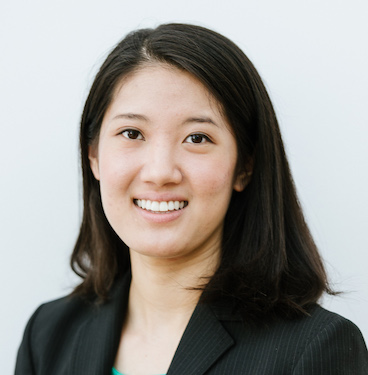Most conversations you hear about polycystic ovary syndrome (PCOS) probably revolve around irregular menstrual periods, including missed and/or heavy periods, infertility or acne.. But women with PCOS face many other problems too — and a big one is weight gain.
PCOS can Affect Anyone
Not every woman who has PCOS is obese — and that’s a fact.
PCOS sees no boundaries when it comes to your weight. While the association between obesity and the development of PCOS is strong, not every woman who has PCOS is obese. Remember, that obesity is only a ‘risk factor’ for PCOS and not a diagnostic criteria. So even if you are not overweight, there are other signs that can indicate PCOS such as high levels of male hormones, insulin resistance, acne and excessive hair growth.
Having said that, for overweight women with PCOS, losing even 5%-10% of body weight can help reduce symptoms. So being overweight can put you at a risk but that does not mean that women who have healthy weight won’t develop PCOS.
Can you be Lean and Still have PCOS?
Some women who fall under the healthy body mass index (BMI less than 25) can also have PCOS. This is called lean PCOS and often goes undiagnosed for years until they experience irregular periods or difficulty in conceiving.
Lean PCOS is not a different type of PCOS. Since PCOS is often associated with obesity, lean PCOS is a term used to convey that PCOS can affect women who have healthy weight as well.
So if you are showing signs of irregular periods, acne, excess hair growth or trouble conceiving despite maintaining a healthy weight, consult a doctor to get a formal diagnosis.
What are the Symptoms of Lean PCOS?
Although symptoms can vary among women and show up differently in different women, generally those with PCOS can experience the following:
- Irregular periods or no periods
- Hormonal acne that usually show up around jawline, chin and upper neck
- Excess facial and body hair
- Trouble conceiving
- Weight gain or struggle with weight loss
Treatment for PCOS depends on the symptoms a person experiences. Even for lean PCOS it is important to maintain a healthy weight. You can do so by eating healthy, incorporating regular physical activity such as resistance training, managing stress and getting a good quality of sleep.
If you think lean women with PCOS have it easy on their symptoms — its not true. Since obesity is so strongly associated with PCOS, lean PCOS often goes undiagnosed for years. It can be quite frustrating to have a normal weight and yet have PCOS. So if you are a lean woman with PCOS you still need to follow a healthy diet, incorporate regular physical activity and focus on managing stress and improving quality of sleep
Disclaimer: Content on Veera is provided for informational purposes only and is not intended as medical advice, or as a substitute for medical advice given by a physician



















